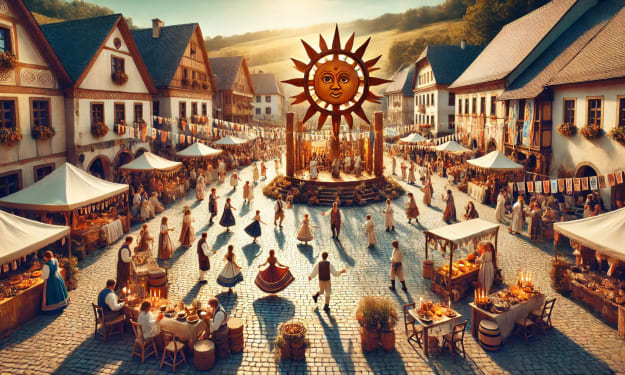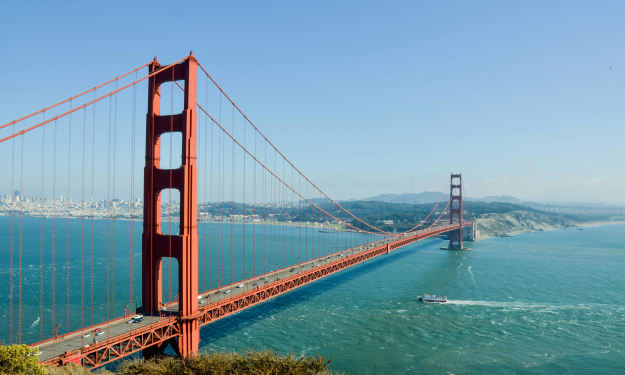Old America | New America | American Diverse Culture and Lifestyle America's History
American Diverse Culture and Lifestyle

The name of America before it was known as such was a diverse and vast landscape inhabited by indigenous peoples with rich cultures, histories, and civilizations. The term "America" itself was derived from the Latin version of the name of the explorer Amerigo Vespucci, who played a crucial role in recognizing the New World as a distinct landmass. Before the arrival of European explorers and settlers, the continent was home to numerous Native American tribes and societies, each with its own unique traditions, languages, and ways of life.
### Indigenous Peoples and Civilizations
The history of pre-Columbian America is a tapestry woven with the stories of various civilizations, including the Aztec, Maya, Inca, and countless Native American tribes. These indigenous peoples had established complex societies, advanced agricultural practices, and intricate trade networks long before the arrival of Europeans.
In the area now known as the United States, Native American tribes such as the Cherokee, Iroquois, Sioux, Navajo, and many others inhabited different regions, adapting to diverse environments from the dense forests of the Northeast to the expansive plains of the Midwest and the arid deserts of the Southwest.
### Diverse Cultures and Lifestyles
The conditions in pre-Columbian America were shaped by a mosaic of cultures and lifestyles. Native American societies were often organized around communal living, with a deep connection to nature and a reverence for the land. They practiced agriculture, hunting, and gathering, developing intricate social structures, art, and religious beliefs that were integral to their daily lives.
The architecture of various tribes reflected their adaptation to different environments. Pueblos in the Southwest, longhouses in the Northeast, and teepees in the Great Plains were just a few examples of the diverse dwelling structures that emerged from the resourcefulness and ingenuity of indigenous communities.
### European Exploration and Colonization
The transformation of this land began with the arrival of European explorers in the late 15th century. Christopher Columbus, sailing under the Spanish flag, made his historic voyage in 1492, believing he had reached Asia. However, he had, in fact, stumbled upon the islands of the Caribbean.
Subsequent explorers, including Amerigo Vespucci, John Cabot, and Hernán Cortés, further explored and documented the New World. The encounter between the indigenous peoples and European explorers marked the beginning of significant changes in the Americas.
### Impact of European Colonization
European colonization, driven by the quest for riches, power, and the spread of Christianity, had profound and often devastating effects on the native populations. The introduction of European diseases, such as smallpox, had catastrophic consequences, leading to widespread epidemics that decimated indigenous communities. The arrival of European settlers also brought conflict over land, resources, and cultural differences.
The establishment of permanent European colonies, starting with the Spanish in the early 16th century, marked the beginning of a new era in the Americas. Spanish, English, French, and Dutch colonies dotted the landscape, each leaving its mark on the region's history.
### The Thirteen Colonies and the American Revolution
In the early 17th century, the English established the first successful permanent English colony in Jamestown, Virginia, in 1607. Over the following decades, additional English colonies were established along the Atlantic coast. By the mid-18th century, thirteen British colonies had taken root in North America.
Tensions between the American colonies and the British crown escalated over issues of taxation without representation, leading to the American Revolution in 1775. The conflict culminated in the Declaration of Independence in 1776, with the Thirteen Colonies declaring their independence from British rule.
### Formation of the United States
The American Revolutionary War continued until 1783 when the Treaty of Paris was signed, officially recognizing the independence of the United States. The Founding Fathers, including figures like George Washington, John Adams, and Thomas Jefferson, played pivotal roles in shaping the new nation.
The United States Constitution was ratified in 1788, establishing a federal system of government that remains the foundation of the nation today. The Bill of Rights, comprising the first ten amendments to the Constitution, was added in 1791 to safeguard individual liberties.
### Westward Expansion and Indigenous Displacement
The 19th century witnessed the westward expansion of the United States, fueled by the concept of Manifest Destiny — the belief that it was the destiny of Americans to expand across the continent. This expansion, however, came at a great cost to Native American communities, as they were forcibly displaced from their ancestral lands through policies like the Indian Removal Act of 1830.
### The Civil War and Reconstruction
The issue of slavery became a flashpoint that ultimately led to the American Civil War (1861-1865). The conflict between the Northern states, advocating for abolition, and the Southern states, seeking to preserve slavery, resulted in a devastating war that claimed hundreds of thousands of lives.
The Union victory in 1865 led to the abolition of slavery with the ratification of the 13th Amendment. The post-war period, known as Reconstruction, sought to rebuild the nation and address issues of civil rights for newly emancipated African Americans.
### Industrialization and Immigration
The late 19th and early 20th centuries saw rapid industrialization, technological advancements, and a surge in immigration. The construction of transcontinental railroads, the expansion of industries, and the rise of urban centers transformed the economic and social landscape of the United States.
### 20th Century Challenges and Triumphs
The 20th century brought both challenges and triumphs for the United States. The nation faced economic hardships during the Great Depression of the 1930s, followed by its involvement in World War II. The post-war period witnessed unparalleled economic growth, the Civil Rights Movement, the space race, and the emergence of the United States as a global superpower.
### Contemporary America
The latter half of the 20th century and the beginning of the 21st century saw significant social and cultural changes, including the civil rights struggles of the 1960s, the feminist movement, and advancements in technology. The United States became a diverse tapestry of cultures, shaped by waves of immigration and the contributions of people from around the world.
Today, America stands as a complex and multifaceted nation, with a rich tapestry of history that continues to evolve. From the early interactions between indigenous peoples and European explorers to the challenges and triumphs of the 21st century, the history of America is a story of resilience, adaptation, furthermore, the continuous quest for a more wonderful association.
About the Creator
Enjoyed the story? Support the Creator.
Subscribe for free to receive all their stories in your feed. You could also pledge your support or give them a one-off tip, letting them know you appreciate their work.
Reader insights
Nice work
Very well written. Keep up the good work!
Top insights
Excellent storytelling
Original narrative & well developed characters
Heartfelt and relatable
The story invoked strong personal emotions






Comments
There are no comments for this story
Be the first to respond and start the conversation.